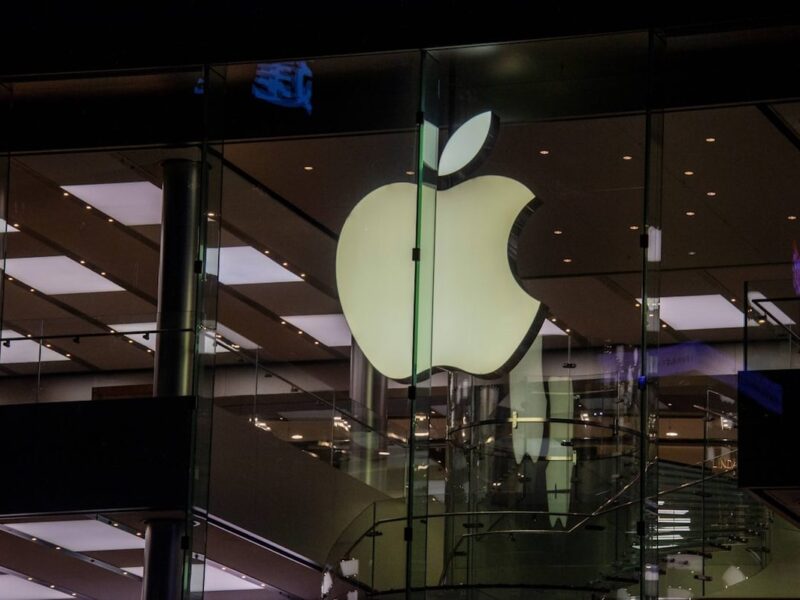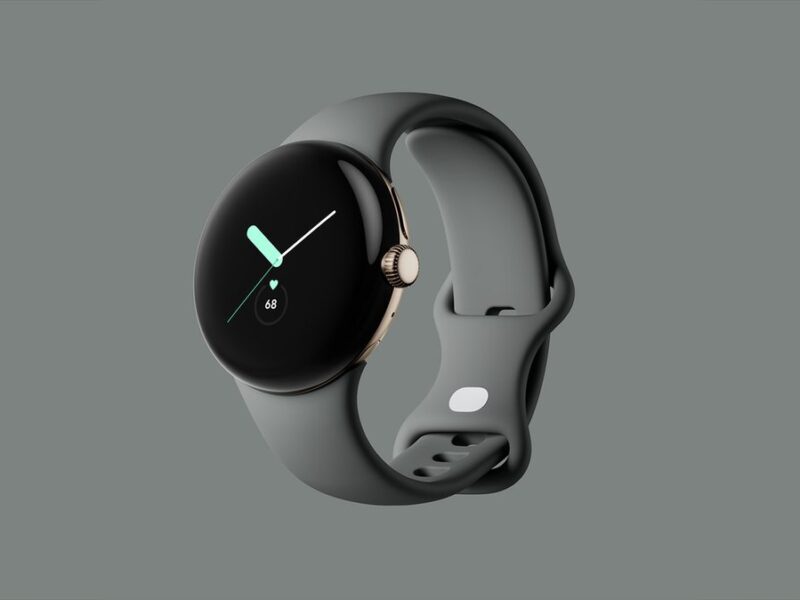a lot of thoughts these days with the advent of AI and the conversations around AI. we move into an era where artificial intelligence is not just assisting but deciding on our behalf, one would ask: are we ready to let go of control?
One question I think about a lot is: If intelligence becomes a utility, what becomes of expertise?
, what happens when work itself becomes autonomous?
Sure, we’ve automated before. But this time is different. The rise of concepts like Agentic AI (systems with the autonomy to plan, infer, and act) asks us to talk about what this means for the people creating and consuming this.
The change on the horizon is exciting, and honestly, a little wild — because there’s no blueprint, no resident expert, no install base. Now more than ever, we, as tech professionals who will create and consume the use cases of AI, need to start preparing ourselves to tackle the big questions.
- What happens when no one is “smarter” anymore?
- How can we prepare for our careers technically, philosophically, and strategically, when the biggest value lies in solving unknown problems?
I ask myself and the internet a lot of these questions and maybe documenting my thoughts here would help me explore how this next wave of AI shifts our roles as tech professionals — from task-doers to decision architects.
What is Agentic AI?
First things first, what really is agentic AI? (If you don’t know already)
At its core, Agentic AI means giving agency to systems to make decisions for humans.
Think about a travel AI agent that can search, compare, book, and even cancel your tickets — all without needing you to lift a finger.
These systems don’t just act; they decide for humans!
We’re already seeing early real-world use cases of Agentic AI in small-scale tasks like restaurant bookings, calendar management, and customer service. With these use cases, the worst-case scenario with Agentic AI today could be making a reservation in a restaurant where you end up getting a bad meal, that is not related to the AI in itself. However, in the future, imagine yourself living in a world where AI systems could have the autonomy to control the entire heating/cooling configuration of a building based on climate changes and now imagine the worst-case scenarios there!
Why Agentic AI is the Next Big Shift
Here’s the thing: Agentic AI adoption is expected to grow 327% by 2027!
We are talking about massive growth here and given that everything about Agentic AI is a true “blue-sky” problem — no install base, no experts, it is an interesting space to be in. Creating certainty from a sea of nebulous data has always been the holy grail. But when planning agents can make inferences that start to mimic human intelligence, we hit a whole new level.
Agentic AI is still new and early. The upside is huge if we build it right. That makes it incredibly exciting for the people and companies working on it, because they’re essentially building solutions to unknown problems.
And if you’re in tech, this is the opportunity to place yourself and your organization at the frontier.
Industry Implications
A lot of industries will be upended in the next decade.
We’ll see expansion in new directions, both horizontally and vertically. I was talking to my mentor the other day who shared that 75% of product development today is education. In that case, what happens when the agent already knows? Historically, information has been the real power. So what happens when private datasets like drug research or chip design start feeding AI agents?
The way we interact with systems of record will change a whole lot.
Interfaces become the new battleground.
Data asymmetry where the old “who knows more” power dynamic may disappear, because intelligence becomes normalized.
How Tech Professionals Can Prepare
Now that we’ve established that the work of tomorrow — and how we interact with data, systems, and even human psychology — will look very different, the natural question that comes to our minds is: what can we, as tech professionals, actually do to stay relevant and cater to the ever-evolving needs of the world?
AI is not here to take your job, but someone who knows how to use AI can take away your job.
- Upskill— learn about the new concepts, skills and tools that can enhance your current work and role.
- Don’t limit yourself to only writing code—coding will always matter, but the differentiator will be if you can design workflows infused with business acumen and orchestrate intelligence.
- Embrace the abstract and start solving problems where the solution isn’t obvious.
- Prepare yourself to move out of the comfort zone of “known inputs, known outputs” because that won’t hold in an Agentic AI world
- In your current role, what tasks should the AI agents take over?
- Identify where you still want to have the final say
- Think more about building the bridge between raw AI capabilities and meaningful human outcomes.
- Imagine what planning agents could do for humans as collaborators, not as replacements
The sooner you begin preparing to work with agents, the faster you’ll adapt when they become mainstream.
The educational pipelines shaping the careers of tomorrow will also look different. The early-career and repetitive roles that once formed the traditional entry points into tech could be automated away or reshaped. Hierarchies may flatten, and the old idea that influence comes from tenure will fade. Instead, the people who bring curiosity, agility, and a willingness to continuously learn are the ones who could thrive.
So if you’re wondering how to future-proof yourself in this AI-driven era: lean into ambiguity, embrace adaptability and start thinking not just about what you can do with AI, but about what you can design and imagine with it.
In Conclusion
In many ways, this is all a big social experiment with no defined future but we humans are resilient.
We’ve adapted before, and we’ll do it again. New roles, new companies, even new industries will emerge. Our risk appetite won’t change, but the next generation will have a different cultural disposition than us. That’s how society evolves.
The key is to keep asking the uncomfortable questions.
Will AI democratize intelligence? What happens to expertise when everyone has access to infinite intelligence?
Ultimately, we have a choice in how we frame this. You can prophesize a draconian outcome or an optimistic one. But if history is any indication, we’ll find a way to push society forward.
So I’ll leave you with one last question: when intelligence becomes infinite and free, what makes you valuable?
……
That’s it from my end on this blog post. Thank you for reading! I hope you found it an interesting read. Let me know in the comments about your experience with storytelling, your journey in data, and what you are looking for in 2025!
Rashi is a data wiz from Chicago who loves to analyze data and create data stories to communicate insights. She’s a full-time healthcare data analytics consultant and likes to write blogs about data on weekends with a cup of coffee…

